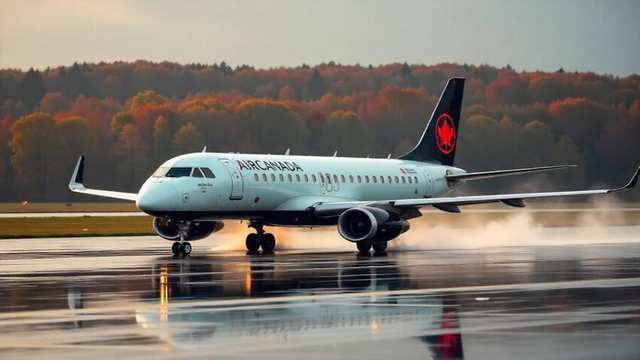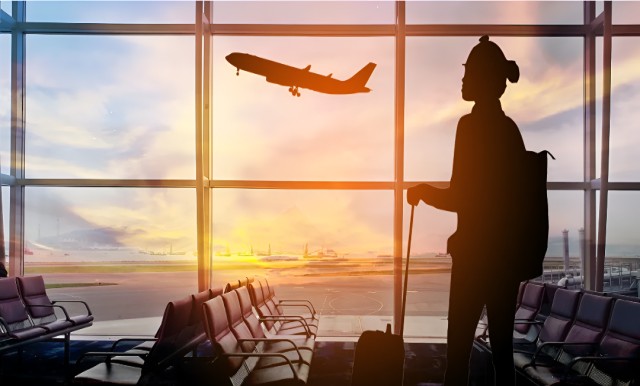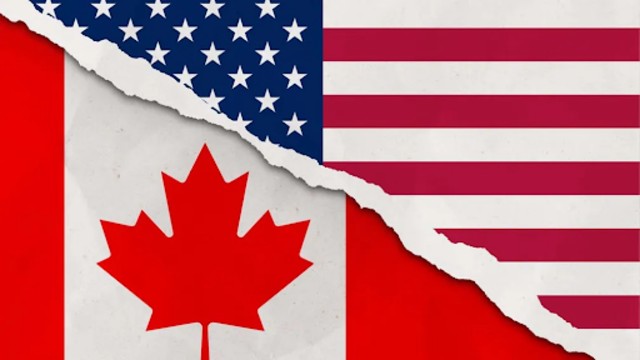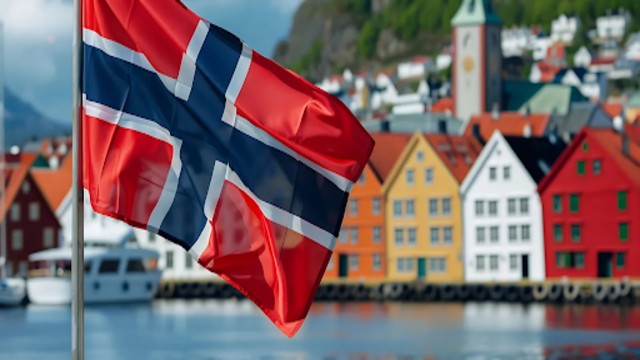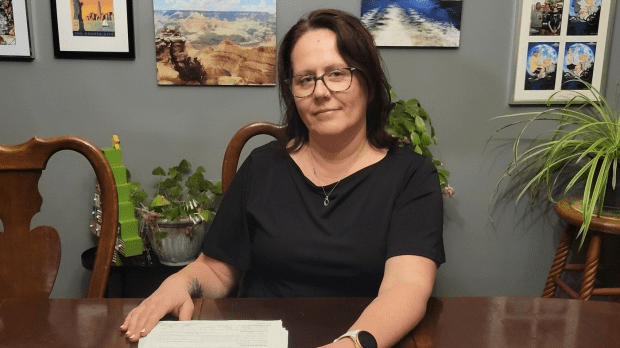
Colleen Dafoe, shown in a handout photo, was at the Halifax airport last December when WestJet told her that her trip was cancelled. The airline suggested rescheduling her and her husband and daughter on a flight more than 10 days later, well after their vacation in the Dominican Republic was slated to end, she said. THE CANADIAN PRESS/HO-Colleen Dafoe cp24
Last December, Colleen Dafoe found herself at the Halifax airport facing a canceled trip with WestJet, disrupting her plans for a Dominican Republic vacation to celebrate her 50th birthday with family. Despite requesting a refund from the airline, she was offered a vacation voucher valid for a year. Frustrated, Dafoe turned to small claims court, seeking $1,200 in compensation under Canada's passenger rights charter.
Dafoe's situation echoes a broader trend observed with Canada's major airlines, Air Canada and WestJet. Passengers, initially offered vouchers ranging from $150 to $300 when filing complaints, often escalate to legal action. Surprisingly, the airlines then yield, agreeing to the original or even higher compensation amounts, provided the passengers sign non-disclosure agreements (NDAs).
Over 20 passengers interviewed by The Canadian Press reported similar experiences, some rejecting offers while others settling for amounts surpassing $1,000. Consumer rights advocates argue that such confidentiality agreements, uncommon in most sectors, serve as a tactic by airlines to avoid setting legal precedents and prevent the spread of compensation information.
Canada's Air Passenger Protection Regulations mandate compensation for various breaches, overseen by the Canadian Transportation Agency. However, the agency faces a significant backlog of 61,000 complaints, dissuading many from pursuing the regulator's process, which only starts after an initial airline rejection and can involve a two-year wait.
While Air Canada defends NDAs as routine in litigated disputes, critics, including Sylvie De Bellefeuille, a lawyer with advocacy group Option consommateurs, view them as a means to suppress backlash and prevent individuals from sharing their compensation experiences, particularly on social media.
Passengers like Darren Guy and Kelly Geraghty recount instances where rejecting initial lowball offers from airlines led to higher compensation offers along with NDAs. However, some passengers, including Geraghty, express frustration at the enduring silence imposed by these agreements.
Despite criticism, Gabor Lukacs, an air passenger advocate, notes that airlines are merely navigating the current regulatory system. He suggests that from a business perspective, airlines are strategically employing NDAs to minimize the proliferation of cases and criticism.
To address the backlog and encourage passengers to choose regulatory channels over courts, the Canadian Transportation Agency has introduced "complaint resolution officers." The agency is also finalizing regulations for sweeping reforms to the passenger rights charter, set to take effect in the first half of 2024. These changes aim to eliminate loopholes that airlines have used to deny compensation and increase the maximum penalty for violations to $250,000.
In the ongoing struggle between passengers seeking fair compensation and airlines protecting their interests, the role of NDAs continues to be a contentious issue, leaving travelers grappling with the decision to accept silence along with their settlements.


